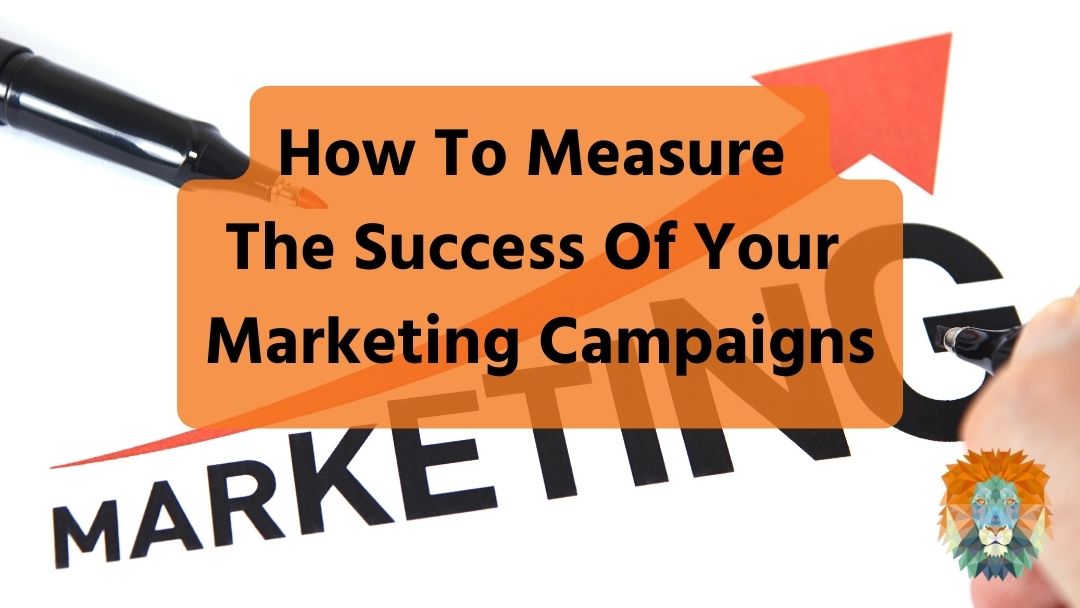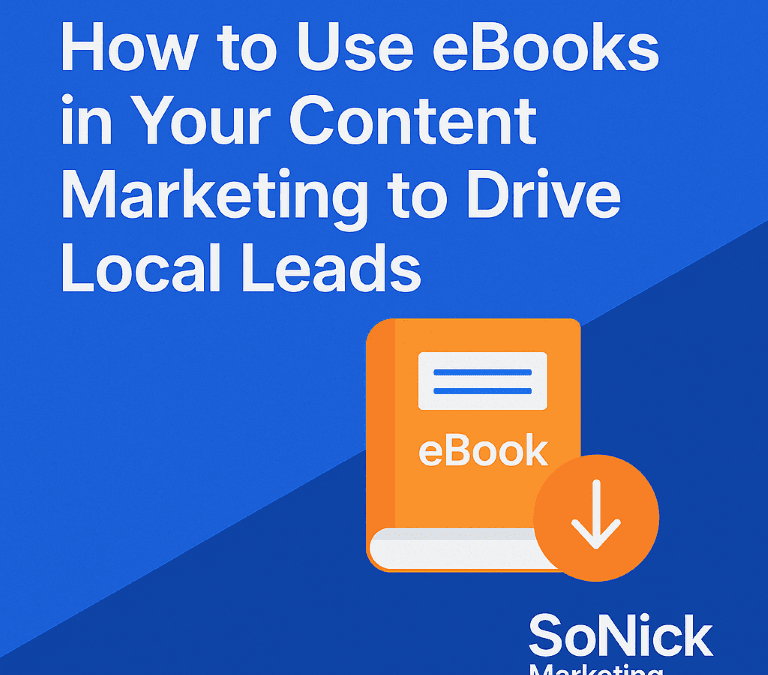You’ve launched your marketing campaign with high hopes, but now you’re wondering if it’s actually delivering results. While likes and shares might give you a quick dopamine hit, they don’t tell the whole story of your campaign’s success. To truly understand your marketing impact, you’ll need to establish clear metrics and implement proper tracking systems—but which numbers actually matter?
From ROI calculations to customer lifetime value, the landscape of marketing measurement can seem overwhelming at first. Let’s break down the essential elements that’ll help you determine whether your marketing efforts are hitting the mark or missing the target entirely.
Key Takeaways
- Track ROI by calculating revenue minus marketing costs divided by costs, multiplied by 100 to identify profitable campaigns.
- Monitor conversion rates and cost per acquisition to understand how effectively marketing efforts turn prospects into customers.
- Use Google Analytics to measure website traffic, user behaviour, and engagement metrics like bounce rates and session duration.
- Implement attribution modelling to understand which marketing channels contribute most significantly to customer conversions.
- Set SMART goals (Specific, Measurable, Achievable, Relevant, Time-bound) before campaigns to establish clear success benchmarks.
Setting Clear Campaign Goals
Successfully measuring marketing success invariably begins with setting clear campaign goals. By implementing the SMART framework, you’ll guarantee your objectives are Specific, Measurable, Achievable, Relevant, and Time-bound, creating a solid foundation for your marketing efforts. This structured approach helps you maintain focus while establishing clear accountability throughout your campaign.
For cost-effective campaigns in the plumbing industry, tracking and measuring success becomes even more vital to guarantee maximum ROI on marketing investments.
When setting campaign goals, you’ll want to define precise targets that align with your broader business objectives. For instance, you might aim to increase leads by 20% over three months or achieve specific impression numbers to boost brand awareness. These well-defined goals enable you to measure effectiveness more accurately and track progress through carefully selected Key Performance Indicators (KPIs).
Time frames are vital elements of your campaign goals, as they create a sense of urgency and provide natural checkpoints for evaluation. You’ll need to regularly assess your progress and make necessary adjustments to stay on track.
Remember that your marketing efforts should directly contribute to your organisation’s overall success, so guarantee each goal you set supports your company’s growth and long-term vision.
Essential Marketing Performance Metrics
With clear campaign goals established, you’ll need specific metrics to track your marketing performance effectively. Understanding key performance indicators like Return on Investment (ROI) and Return on Ad Spend (ROAS) will help you quantify your campaign’s financial success and make data-driven decisions about your marketing investments.
Comprehensive reporting and analytics tools can provide valuable insights to adjust your strategies for peak results.
Start by monitoring your Conversion Rate to understand how well you’re turning visitors into customers. Track your Cost Per Lead and Cost Per Acquisition to ensure you’re acquiring new customers efficiently. These metrics work together to give you a complete picture of your campaign’s cost-effectiveness.
Don’t overlook engagement metrics such as Click-Through Rate and Bounce Rate, as they reveal how well your content resonates with your target audience. A high CTR typically indicates strong ad performance, while a low bounce rate suggests engaging website content.
Data Collection and Analysis Tools

Through the strategic use of data collection and analysis tools, you’ll transform raw marketing data into actionable insights. By implementing Google Analytics on your website, you can track visitor behaviour, traffic patterns, and conversion metrics in real-time, giving you a thorough view of your campaign performance.
Product review updates have become essential metrics to monitor, as they greatly impact visibility and customer trust in search results.
To enhance your data collection efforts, you’ll want to make use of UTM parameters in your campaign URLs. These tracking codes help you identify exactly where your traffic is coming from, allowing for precise attribution of your marketing success.
When combined with A/B testing tools, you can experiment with different campaign elements to determine which variations drive better results.
Don’t overlook the power of CRM systems in your analysis toolkit. They centralise your customer data and sales information, making it easier to track customer acquisition and measure long-term campaign impact.
For businesses handling phone enquiries, call tracking software provides valuable insights into your telephonic marketing effectiveness. Together, these analysis tools create a robust framework for measuring, analysing, and optimising your marketing initiatives, ensuring you’re making data-driven decisions that improve your bottom line.
Tracking Customer Engagement Rates
Building on your data analysis foundation, tracking customer engagement rates provides clear signals about how well your marketing efforts resonate with your audience.
You’ll want to focus on several key metrics to effectively track the performance of your campaigns and understand customer behaviour patterns.
Start by monitoring your Click-Through Rate (CTR), which tells you how many users are actively engaging with your links compared to total Impressions. This metric works alongside Average Session Duration to paint a picture of user interest – longer sessions typically indicate more engaging content.
You’ll also need to watch your Bounce Rate, particularly on landing pages, as high rates might signal a disconnect between your ads and the content users find when they arrive.
Don’t forget to track Email Open Rates in your marketing campaign performance analysis. With industry averages hovering around 20%, you can benchmark your success and adjust your strategies accordingly.
By consistently measuring these customer engagement metrics, you’re better equipped to optimise your campaigns, adjust your targeting, and improve overall marketing effectiveness.
Remember to analyse these metrics together rather than in isolation for the most accurate assessment of your campaign’s impact.
Measuring Return on Investment

Every successful marketing strategy hinges on measuring return on investment (ROI), the definitive metric that reveals whether your campaigns are actually making money. To measure ROI effectively, you’ll need to subtract your total marketing costs from the revenue generated, then divide by those costs and multiply by 100 to get your percentage.
For example, if you invest £1,000 in a campaign that generates £5,000 in sales, you’ve achieved a 400% ROI.
You’ll want to track your ROI consistently across different campaigns to identify which marketing channels are delivering the best performance. This data helps you make informed decisions about your budget allocation, allowing you to invest more in strategies that work and adjust or eliminate those that don’t.
When measuring success, don’t forget to contemplate Customer Lifetime Value alongside ROI. Campaigns that boost customer retention often show stronger long-term returns than those focused solely on new acquisitions.
Campaign Attribution Models
While ROI tells you the overall success of your marketing efforts, campaign attribution models reveal exactly how customers reach their buying decisions. These models help you track and understand how different marketing channels contribute to conversion events, allowing you to make smarter budget allocation decisions.
You’ll find several types of attribution models to choose from, each offering unique insights into your customer journey. First-Touch and Last-Touch models focus on single touchpoints, while Multi-Touch Attribution provides a more thorough view by considering multiple interactions.
When you implement these models alongside analytics tools, you’ll be able to visualise how leads engage with your marketing channels before converting.
The data you collect through attribution modelling enables you to make data-driven decisions that can greatly improve your marketing ROI. Studies show that businesses using sophisticated attribution models can boost their ROI by up to 30%.
Customer Retention and Loyalty

The lifeblood of sustainable marketing success flows through customer retention and loyalty programmes. You’ll find that keeping existing customers is five times more cost-effective than acquiring new ones, making it critical to focus on building lasting relationships with your current customer base.
To measure customer loyalty effectively, you’ll want to track your Net Promoter Score, which provides valuable insights into customer satisfaction and advocacy. Scores above 50 indicate strong customer loyalty and positive brand perception.
Additionally, monitoring repeat purchase rates and other engagement metrics helps you identify trends and areas for improvement in your retention strategy.
You can enhance your customer retention efforts by implementing personalised experiences based on past purchasing behaviour. The financial impact is significant – a mere 5% increase in customer retention can boost profits by 25% to 95%.
To maximise these benefits, you’ll need to consistently track customer feedback and adjust your loyalty programmes accordingly. Remember to analyse various engagement metrics to guarantee your retention strategies are delivering the desired results.
This data-driven approach helps you make informed decisions about investing in customer relationships and improving long-term profitability.
Digital Marketing Success Indicators
Modern digital marketing demands precise measurement through specific performance indicators that build upon traditional customer loyalty metrics. To effectively track your marketing campaign success, you’ll need to monitor several key performance indicators (KPIs) that provide actionable insights into your efforts.
Your primary focus should be on return on investment (ROI), which directly shows how well your marketing spending translates into revenue. Track your conversion rates across the sales funnel to understand how effectively you’re moving prospects towards purchases. Cost per acquisition helps you determine the efficiency of your customer acquisition strategy, while engagement metrics like click-through rates reveal how well your content resonates with your audience.
To get a thorough view of your digital marketing success, you’ll want to analyse website traffic and brand awareness metrics alongside customer lifetime value (CLV). CLV is particularly valuable as it helps you understand the long-term impact of your marketing efforts and guides future strategy decisions.
Campaign Benchmarking and Adjustments

Successful marketing campaigns require continual benchmarking against industry standards and your own historical performance to remain competitive. By tracking key performance indicators (KPIs) like conversion rates, Customer Acquisition Cost (CAC), and Click-Through Rate (CTR), you’ll gain valuable insights into your campaign’s effectiveness.
Regular monitoring of these metrics through tools like Google Analytics helps you identify areas that need improvement.
To optimise your campaign performance, you’ll want to implement a consistent measurement schedule that allows for real-time adjustments. This systematic approach enables you to spot trends and make data-driven decisions quickly.
You can enhance your results by conducting A/B testing on various campaign elements, from ad copy to target audience segments, determining which variations deliver the best outcomes.
Campaign benchmarking isn’t just about collecting data – it’s about using these data insights strategically. When you notice metrics falling below benchmarks, you can make immediate adjustments to improve performance.
Frequently Asked Questions
How to Measure the Success of a Marketing Campaign?
You’ll measure campaign success by setting SMART goals, tracking relevant KPIs like ROI and conversion rates, using analytics tools for data collection, and regularly comparing results against benchmarks to evaluate performance and make improvements.
What Are KPIs in Marketing Campaigns?
KPIs are your measurable metrics that track marketing campaign performance. You’ll use them to monitor ROI, CTR, conversion rates, and other essential indicators to determine if you’re meeting your campaign objectives.
How to Measure Advertising Campaign Effectiveness?
Set SMART objectives, track KPIs like ROI and ROAS, monitor conversion rates, and analyse engagement metrics. You’ll need to use analytics tools to measure CTR and CPA for thorough campaign performance evaluation.
What Is a KPI to Measure the Success of a Promotion?
You’ll want to track ROI, conversion rates, and cost per acquisition to measure the success of your promotion. These KPIs inform you whether you’re generating sufficient revenue, converting customers, and spending efficiently on marketing efforts.
Conclusion
You’re now equipped to effectively measure your marketing campaign success through systematic tracking and analysis. By implementing SMART goals, monitoring key metrics, and employing the right analytics tools, you’ll make data-driven decisions that improve your ROI. Remember to regularly benchmark your results against industry standards and adjust your strategies accordingly. Stay committed to continuous measurement and optimisation to guarantee your marketing efforts deliver maximum impact.
Tracking and measuring your marketing efforts is actually a simple thing, it just takes a small amount of effort and know-how. And by measuring how well each activity is performing, you can funnel your time, money and energy into the options that are bringing you a good return, and spend less time on things that aren’t generating leads for your business. If you’d like to find out more about how to measure your marketing, or how to build a marketing machine all your own, just get in touch with us today.





0 Comments